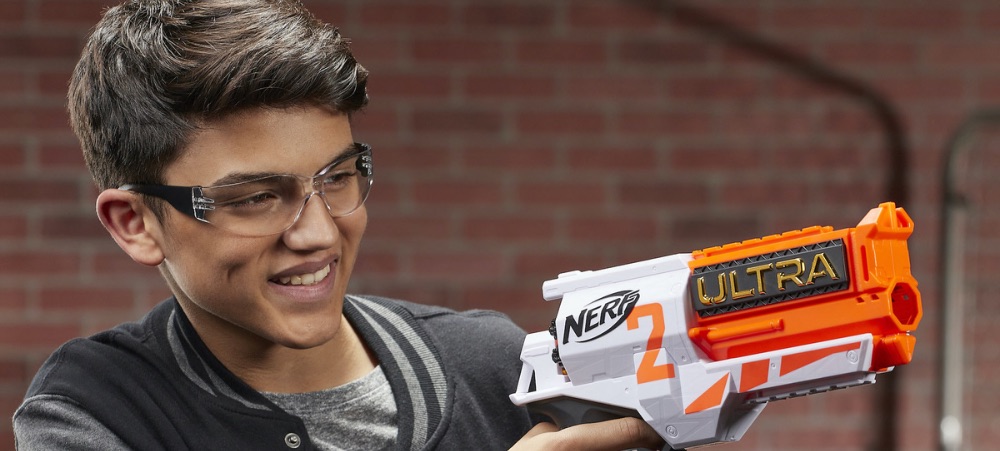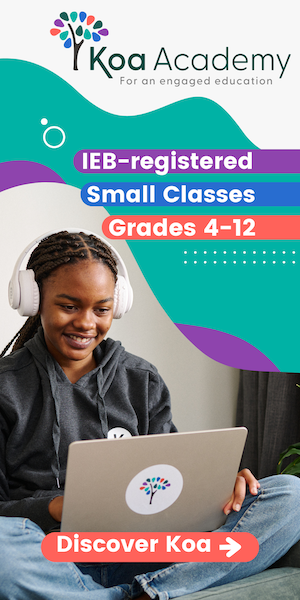Our children have been through a very tough year having to deal with unforeseen circumstances and having to adapt to many changes in their daily lives – without any preparation for it. In this final article for the year, we will be looking at how to build resilience in our children as 2021 is bound to bring another set of changes and unforeseen circumstances. Also read: Homeschooling in 2021? Here’s how to prepare What is resilience? Psychologists define resilience as the process of adapting well in the face of adversity, trauma, tragedy, threats, or significant sources of stress. Ourselves and our children have certainly experienced much stress, and possibly adversity, this year. Simultaneously, it has also been an excellent opportunity to teach resilience. How to teach resilience But how do we start teaching our children to develop this vital characteristic? Teaching resilience begins from a young age when our children are toddlers, and the feeling of frustration can become a common one for them. From learning to walk to wanting to be able to express themselves and do things that they struggle with, the early experiences of resilience-building are already being laid down. Imagine if every time our toddler was trying to walk and fell and could not get up again, we picked him up and carried him? Eventually, we would have a child who would have delayed motor development. The first steps of teaching resilience come with our ability, as parents, to withstand our children’s frustration and not dive in to help them when they are struggling with something. We can give gentle cues and advice, but one of the core building blocks of developing resilience is for our children to feel a sense of competence and mastery. This ranges from the physical experience of being able to do things to the most important – the mental and emotional aspects of dealing with frustration, delayed gratification and the complicated emotions of disappointment, anxiety, and anger. Real-life resilience Two of the clearest examples of resilience I have experienced was with my daughter’s friend. She did gymnastics with my daughter, and in gymnastics, one does not automatically graduate to the next class but gets invited to it depending on the child’s performance level. This little girl did not get the invitation/promotion. Instead of complaining and moaning about the teachers and throwing a tantrum, she just said that she would have to practise her cartwheels and somersaults to be invited next time. That is emotional resilience. The following year, this same little girl was put into a different class from her friends with a teacher she did not particularly like and again her response was that it was an opportunity to make new friends and see if she could find aspects of the teacher that she did like. What a stunning example of resilience and emotional maturity. Also read: There’s more to life than academic achievement Resilience vs emotional regulation It is clear to see that resilience and emotional regulation go hand in hand. We have all spotted the following children on the playground: the one who has a meltdown if he does not win in a game, the child who cries non-stop before having to be on stage in a concert, and the child who has a tantrum if his needs are not immediately met. None of these behaviours is appropriate and results in negative social consequences. Therefore, it is clear to see that emotional regulation is a skill that goes hand in hand with resilience. Emotional regulation is a term generally used to describe a person’s ability to manage and respond to an emotional experience effectively. It refers to the ability to control the difficult and unwelcome feelings of frustration, anxiety, anger, and so on in an appropriate way. Resilience role models As parents, we need to be aware of how we model resilience and emotional regulation to our children. If we are calm and contained when a problem situation arises, this is an excellent example for our children. Similarly, when our children are experiencing frustration or difficult emotions, teaching them resilience skills puts them in a position of ‘can do’ versus the feeling of being overwhelmed and powerless. Resilience skills can include: deep breathing to calm down, calmly talking about the situation to gain some detachment and perspective on it, breaking the problem down into manageable pieces, and coaching them through the steps they can take to deal with the situation. This can apply to anything they are struggling with, e.g., an argument with a friend, a problem with homework, etc. It also vitally teaches problem-solving skills for the future. The business tool of SWOT analysis is useful here as resilience is all about turning a weakness into a strength and a threat into an opportunity – for growth, change and adopting a new approach. Power of resilience Resilience doesn’t mean that a person won’t ever experience difficulty or distress. People who have suffered significant adversity or trauma in their lives naturally experience emotional pain and stress. However, resilience involves behaviours, thoughts, and actions that can be learned and developed. This is the power of resilience. So, whenever our children complain and are heading for a meltdown, we can always point out the resilience-building tools they have at their disposal. The year has already been an excellent lesson in resilience – our children never thought they would have to do online schooling, experience lockdown, wear masks whenever they were out, be isolated from social activity, and so on. Yet they have all adapted and managed mostly very well. Another core resilience builder is accepting that change is a part of life and as Charles Darwin famously said, “It is not the strongest species that survive, nor the most intelligent, but the ones most responsive to change”. If we don’t adapt, we die. So, the next time our children (and ourselves) are complaining, struggling with frustration, remember to breathe and think about what we can do instead of surrendering



































